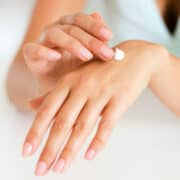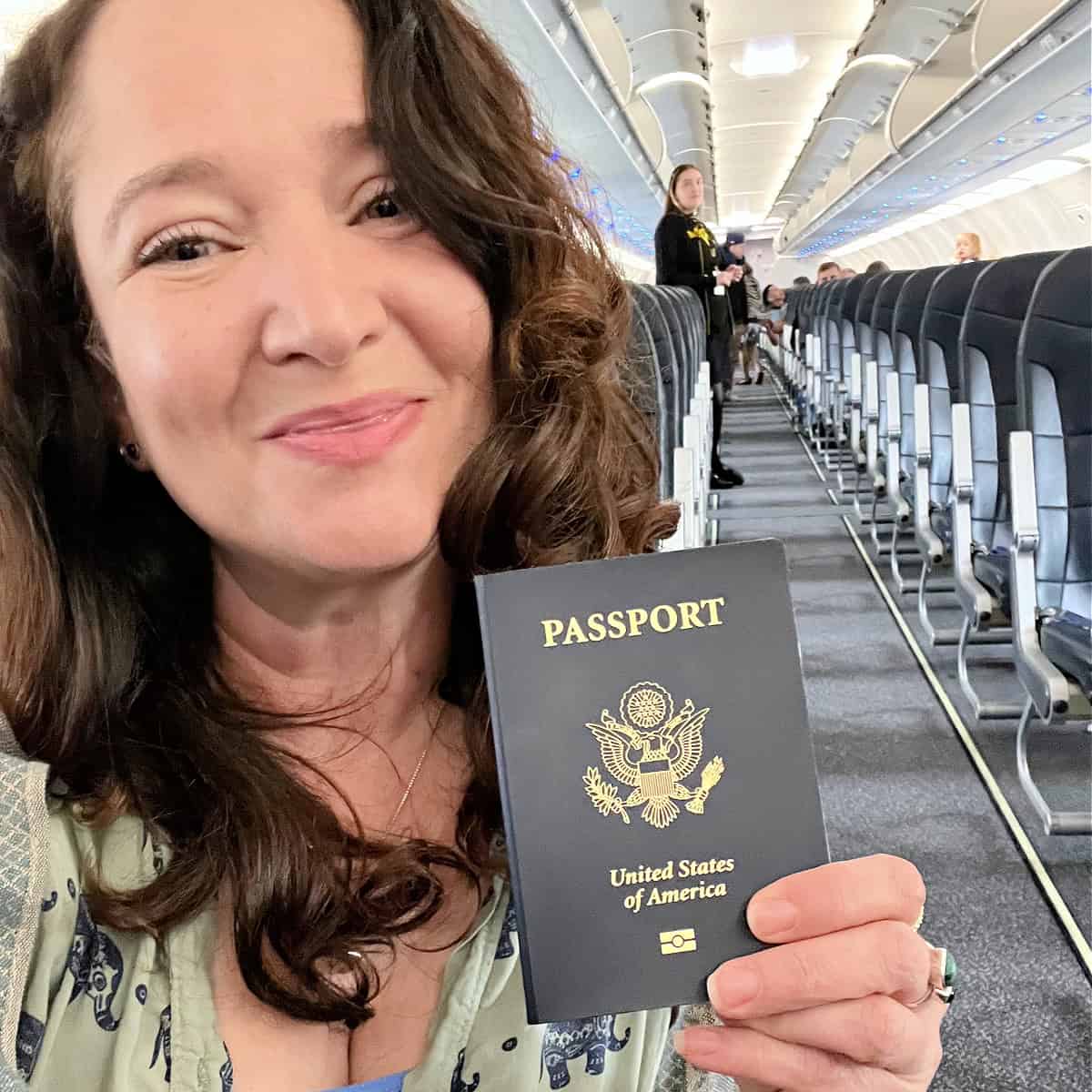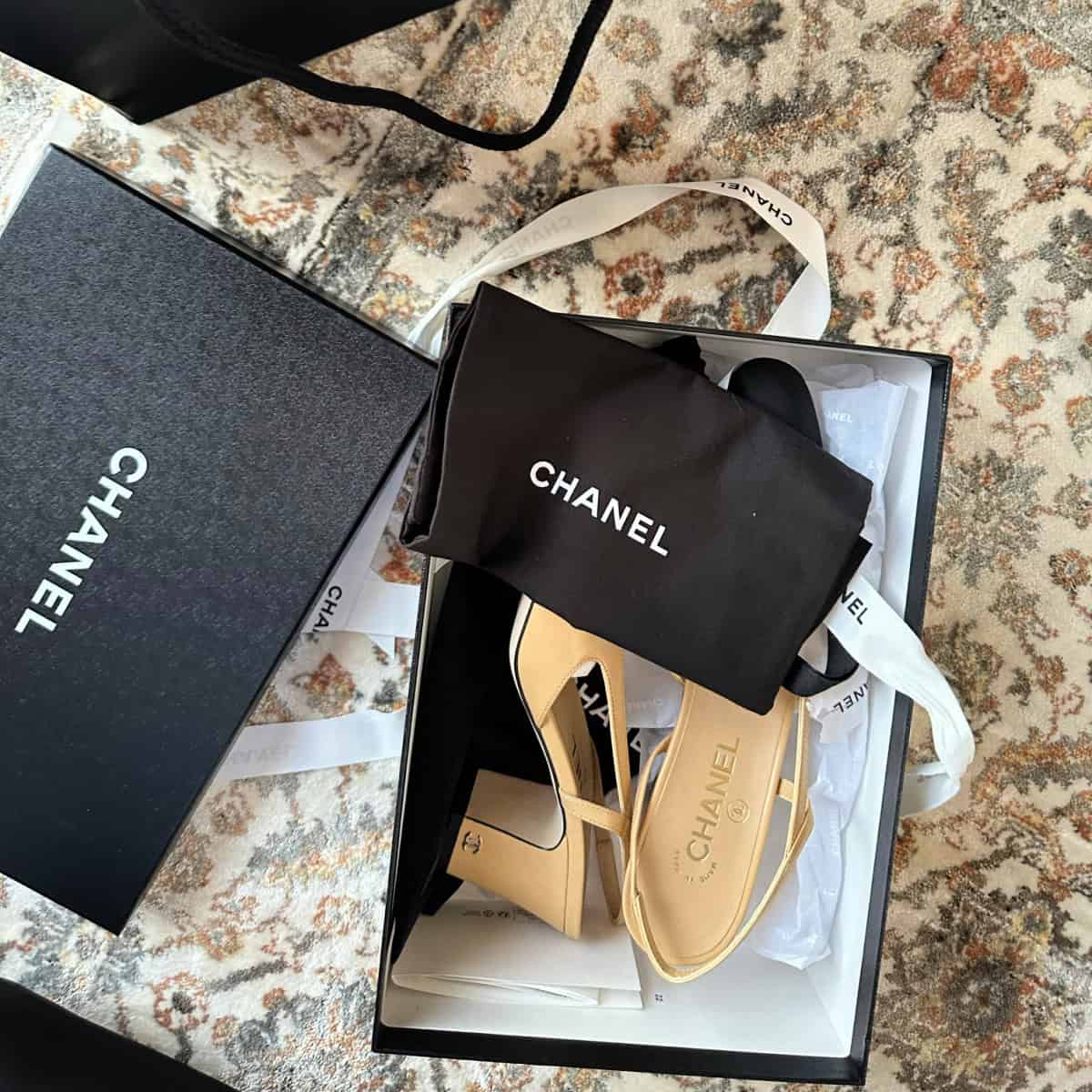Statistics suggest that around 21 million women and 35 million experience hair loss. It involves mid-shaft breakage, hair follicles shrinking, or hair falling from the root, leading to long-term thinning.
While hair loss is temporary for some people and treatments can stimulate regrowth, others suffer permanent hair follicle damage, keeping hair from regrowing.
Gradual hair thinning on top of your head and patchy or circular bald spots are signs of hair loss. Different elements contribute to hair loss, which makes it challenging to figure out how to cure it. Discussed below are four common causes of hair loss.
Your hair loss can be hereditary, meaning it's influenced by genetics. Genetics significantly affect the amount of hair loss you'll experience as you age. When hair loss is genetics-related, it happens in a foreseeable manner, usually known as female or male pattern baldness, medically called androgenetic alopecia.
While genetic hair loss cannot be reversed, there's always something you can do to slow it down while maximizing potential growth. Topical medications, such as topical Minoxidil Canada, can effectively decelerate androgenetic alopecia and promote new hair growth. This foam or solution is applied directly onto the scalp, triggering hair regrowth.
Vitamins are vital at each phase of the hair growth cycle because they offer the nutrients hair follicle cells require for healthy development. If you're experiencing hair thinning, vitamin deficiency could be the cause. Note that getting a lot of particular vitamins, including selenium and vitamin A, can contribute to hair loss. Too little protein or iron can also thin your hair. Some of the vitamin deficiencies that can cause hair thinning and eventually hair loss if hair include:
● B Vitamins, folic acid, and biotin
● Iron
● Vitamin D
● Vitamin C
● Vitamin E
● Zinc
● Magnesium
To avoid vitamin deficiency-related hair loss, ensure an adequate intake of these vitamins. You can achieve this through a healthy diet. Additionally, integrating the best hair vitamins and supplements into your daily regimen can further address any potential deficiencies.
As people age, their bodies change, including hair health. As hair ages, its lifespan is shortened, with shorter and finer hair falling. As women enter menopause, the sex hormones responsible for stimulating follicle cells diminish, and often, there's minimal testosterone dominance. People experience hair loss as they age due to various reasons, like endocrine disorders and reduced hormonal support.
These changes keep hair follicles from producing new hair. Hair fibers get thinner over time and fall out, with a risk of never regrowing, especially if you do nothing about it. To treat age-related hair loss, consider:
● Visiting the doctor for advice and medications
● Eating a healthy diet
● Using the right hair products
● Keeping up with healthy hair care habits
Subjecting oneself to a harsh weight loss plan, such as a restrictive diet, weight loss surgery, crash dieting, or low protein diets, impacts hair growth and may cause you to lose hair. Hair loss that happens after weight loss is usually temporary and is called telogen effluvium. Weight loss-related hair loss can be triggered by calorie restriction, which can result in potential micronutrient deficiency.
Rapid weight loss can also leave a stress impact on the body, prompting hormonal changes that cause hair loss. Sticking to nutritious diets and finding healthy ways to lose weight can help prevent hair loss after weight loss while ensuring healthy hair.
People lose hair for various reasons. Familiarizing yourself with the common causes of hair loss can help determine the right treatment for your particular type of hair loss.

















Leave a Reply